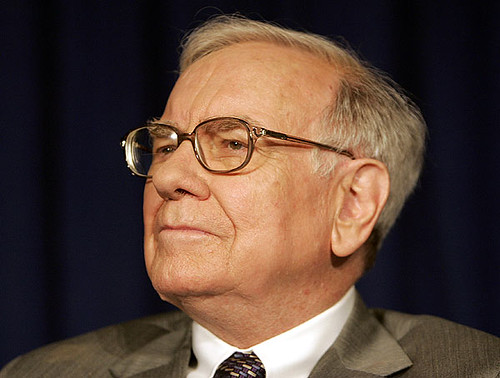In a revelation that reads like a tech thriller, court documents have unmasked a clandestine initiative by Facebook, dubbed ‘Project Ghostbusters’, aimed at decrypting and analyzing the network traffic of users on rival platforms, particularly Snapchat. This secret project, which commenced in 2016, was designed to give Facebook a competitive edge by understanding user behavior on Snapchat, despite the latter’s encrypted traffic.
The documents, which surfaced as part of a class action lawsuit between consumers and Meta, Facebook’s parent company, detail the lengths to which Facebook went to gain insights into its competitors. The court filings, released by a federal court in California, highlight the project’s objective to intercept and decrypt encrypted app traffic from users of Snapchat, and later, from those of YouTube and Amazon.
The internal communications within Facebook, including emails from CEO Mark Zuckerberg, underscore the importance placed on gaining analytics on Snapchat. Zuckerberg, in a June 9, 2016 email, expressed the urgency of developing new methods to obtain reliable analytics, suggesting the possibility of creating panels or custom software to achieve this goal.
The solution to Zuckerberg’s challenge came in the form of Onavo, a VPN-like service acquired by Facebook in 2013. Onavo’s team proposed ‘kits’ that could be installed on iOS and Android devices to intercept traffic for specific subdomains, allowing Facebook to read what would otherwise be encrypted traffic. This ‘man-in-the-middle’ approach was a bold move, enabling the team to measure in-app usage and gather detailed analytics.
However, not everyone within Facebook was on board with ‘Project Ghostbusters’. Pedro Canahuati, then-head of security engineering, voiced his discomfort with the project in an email, questioning the ethics of such surveillance and expressing skepticism about the public’s understanding of these practices.
The project’s existence and its subsequent expansion to include Amazon and YouTube traffic paint a picture of Facebook’s aggressive tactics in the battle for dominance in the social media landscape. The use of Onavo, which was shut down in 2019 following a TechCrunch investigation that revealed Facebook’s secret payments to teenagers for using the service, adds another layer to the controversy.
The lawsuit, filed in 2020, accuses Facebook of anticompetitive behavior and deceptive practices in its data collection efforts. While a Meta spokesperson has dismissed the claims as baseless, the unsealed documents offer a rare glimpse into the tech giant’s strategies to outmaneuver its competitors.
As the story unfolds, the implications of Facebook’s actions on user privacy and market competition continue to stir debate. The case against Facebook, now part of the broader narrative of Big Tech’s influence and accountability, is a stark reminder of the power wielded by these digital behemoths and the lengths they may go to maintain their dominance.
In the wake of these revelations, the tech community and users alike are left to ponder the ethical boundaries of competitive intelligence and the sanctity of user privacy in the digital age. ‘Project Ghostbusters’ may have been laid to rest, but the specter of data surveillance continues to haunt the corridors of Silicon Valley.
Related posts:
New Documents Reveal Facebook Snooped On Users’ Snapchat, YouTube Data In Secret Project
Facebook snooped on users’ Snapchat traffic in secret project, documents reveal
Facebook secretly looked at Snapchat, Amazon, and YouTube user data, documents reveal





